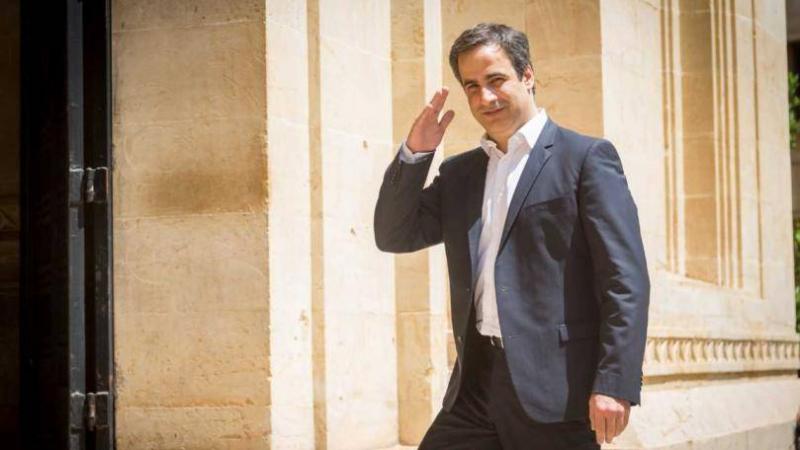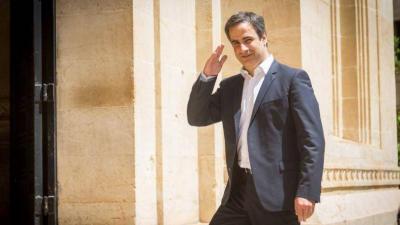The first session for electing the President of the Republic did not go as expected. The first round was held, and the quorum was lost in the second round with the exit of significant blocs. Following that, President Nabih Berri stated: "If there is no consensus and if we are not 128 votes, we will not be able to save the Parliament or Lebanon."
What is the conclusion of this scene? Is the name of Deputy Michel Moawad, who received 36 votes, burned, or is he beginning to gather support to make his way to the Baabda seat? Political sources monitoring the situation said that the outcome of the session clearly indicates that there is a trend wanting a sovereign reformist candidate represented by Deputy Michel Moawad.
The sources noted that the opposition successfully imposed its rhythm by having 36 deputies vote in favor of Moawad, and it can be said that there are about 40 votes considering the absent members from this bloc. Therefore, the sources urged anyone in the opposition who did not vote for Moawad today for various reasons to join the majority in the sovereign-reformist team.
Regarding the 63 blank ballots, the sources indicated that they came from several factions—most of them from March 8—that did not adopt any option, which is evidence that this bloc has no vision or candidate. Consequently, everyone who did not go to the Parliament today with a clear candidate—unlike what the opposition did today—is heading toward a presidential vacuum. Those who did not clarify their stance today show no indicators that they will clarify it tomorrow, and hence the forces that do not want a vacancy must align with the opposition to achieve presidential elections.
In a related context, the sources denied that today's voting for Moawad constituted "burning" the name, explaining that he enjoys a reformist approach and has a known history: he is a member of Parliament, the son of a president, carries a clear political line, did not have his name parachuted in, possesses a political and regional background, and has been an integral part of the March 14 movement. He represents a continuation of a political reality epitomized by Presidents Fuad Chehab and Rene Moawad. In short, he is not a "newcomer" in politics as he embodies a presidential status with deep roots in the core of the Lebanese political reality.
The sources argued that the opposition, which communicated over the last 48 hours and managed to secure 40 votes for Moawad, must continue this path to achieve more, warning against splitting the ranks of the opposition. They stated that the sovereign faction within the opposition (the Progressive Socialist Party, the Lebanese Forces, the Kataeb, the Free Patriotic Movement, and several independents) voted for Moawad, along with some Sunni votes. Thus, the sovereign-reformist group must be expanded, with the first step being the endorsement of Moawad's candidacy by all opposition parties to launch into the second phase of achieving national consensus around him.




